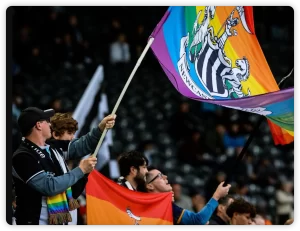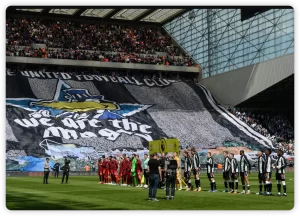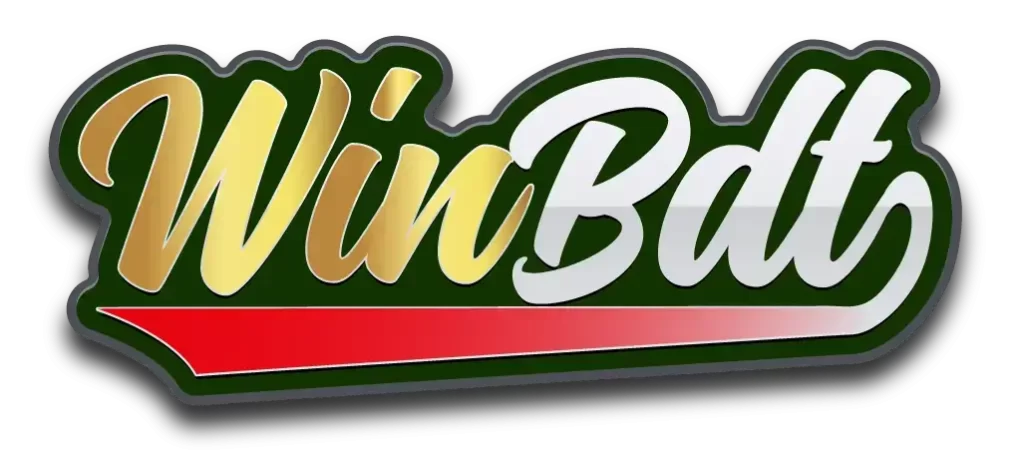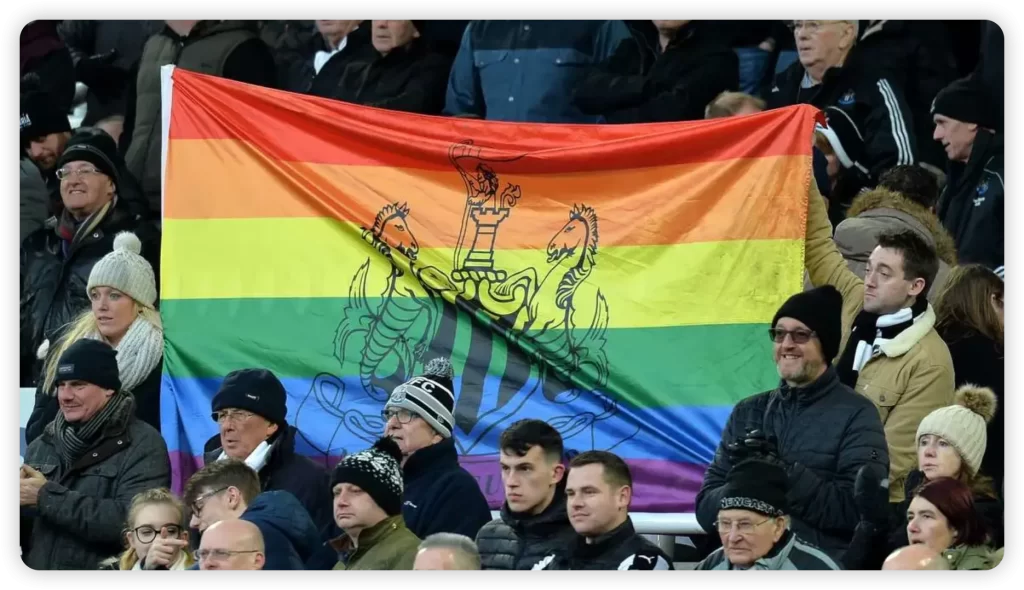In the heart of Newcastle, a powerful symbol of diversity and acceptance is taking root at St. James’ Park. What began as one fan’s vision has blossomed into a movement that’s capturing attention across English football. This isn’t just about colors on a flag; it’s about changing the conversation around inclusion in the beautiful game.
The Newcastle United rainbow flag made its debut at the Northern Pride parade, receiving cheers and applause from supporters
The Genesis of an Idea
It all started when James ‘Doug’ Douglas, a passionate Newcastle United supporter, found inspiration from an unexpected source. “I’ve followed Orlando City since they entered MLS, and there’s a lot of rainbow flags there showing support for the LGBT community,” Doug explains. “I admire St Pauli too – they’re renowned for their acceptance for people who are classed as ‘different’.”
This international perspective, combined with the incredible work of fan group Gallowgate Flags in enhancing the atmosphere at St. James’ Park last season, sparked an idea: why not create a rainbow flag featuring the Newcastle crest to fly proudly during matchdays? The concept was simple yet profound – to show that everyone is welcome in the stands, regardless of their background or identity.
Community Support and Swift Action
The response to Doug’s proposal was nothing short of remarkable. Within just two days of setting up a crowdfunding page, the £350 production costs were fully covered by fellow supporters. The local club itself demonstrated its backing by retweeting Doug’s initial announcement, while organizations like Pride In Football offered their support.

The flag itself measures an impressive 9ft by 5ft and was produced by a local company. Its unveiling at the Northern Pride event in Newcastle became a moment of celebration, with the flag paraded through city streets to cheers and applause. The excess funds raised – approximately £200 – will be donated to Stonewall, further supporting LGBTQ+ inclusion initiatives.
Opening Important Conversations
While support has been overwhelming, the flag has also sparked necessary discussions about inclusion in football. “The reason I thought it would be useful was to start the conversation – and it’s absolutely done that,” Doug notes.
Some fans initially questioned the need for such a symbol, suggesting it might make the club a “laughing stock.” However, as Doug points out, “A quick Google search shows Spurs with the Proud Lilywhites, Arsenal with the Gay Gooners, Huddersfield have Proud Terriers, Canal St Blues at Man City… It’s just about educating people.”
Tottenham’s Proud Lilywhites group has demonstrated how rainbow flags can become integrated into matchday tradition
The conversations happening online and in pubs across Tyneside represent exactly what Doug hoped to achieve. “There have been instances where someone has said ‘why do we need a flag?’ Someone has given an opinion, there’s been a bit of an argument and by the end of it, there’s more of an understanding.”
Historical Context and Football’s Progress
Newcastle United has previous experience with using flags to show solidarity with players from different backgrounds. During the time of Senegalese strikers Papiss Cissé and Demba Ba, fans regularly waved Senegal flags to show their support. “They were from a completely different culture, different cities, different worlds almost… but we were happy to show support for those guys and say ‘you are welcome here’,” Doug recalls.
Senegalese duo Demba Ba and Papiss Cissé were embraced by Newcastle fans, setting a precedent for showing support for diverse backgrounds
This historical context makes the rainbow flag a natural extension of the club’s culture of inclusion. As football expert Martin James of Winbdt notes, “Football clubs are microcosms of their communities. When fans take initiative to promote inclusion, it sends a powerful message that extends far beyond the pitch.”
The Road Ahead
The rainbow flag is set to make its St. James’ Park debut during Newcastle‘s opening Premier League match against Tottenham on August 13. Doug hopes this will become a permanent feature rather than a one-off statement. “The hope would be that the rainbow flag is there for every game, just like they have at Spurs and at Arsenal. It’s something that becomes part of the background and not just done on a special weekend.”

The club itself appears to be responding positively to this grassroots movement. Doug has learned that Newcastle United is in talks to potentially establish an official group for LGBT supporters, a development that would represent significant progress in making football more inclusive.
The Bigger Picture in Football
The need for greater LGBTQ+ visibility in men’s professional football remains pressing. Since Justin Fashanu’s time at Newcastle in 1991 – when he became the first openly gay British footballer – no active male professional in the UK has come out. The environment remains challenging, with Stonewall research indicating that 72% of football fans have witnessed homophobic language or behavior at live events in the past five years.
However, changes are happening throughout the sport. The growing popularity of women’s football, where many top players are openly gay, is helping to shift perceptions. Initiatives like Stonewall’s Rainbow Laces campaign, supported by Winbdt and other media outlets, continue to raise awareness and promote inclusion.
As Doug optimistically notes, “I’m a positive guy, and I’d like to think that, in my lifetime at least, it will eventually be only a very small minority of people who would oppose it.”
Newcastle United’s Rainbow Flag: A Beacon of Inclusion in Premier League Football
The story of Newcastle‘s rainbow flag demonstrates how football fans can drive positive change in the sport they love. What began as one supporter’s idea has grown into a symbol of acceptance that represents the best values of the beautiful game: unity, passion, and community.
As the new Premier League season approaches, all eyes will be on St. James’ Park – not just for the football, but for the powerful message of inclusion that will be flying proudly in the stands. This initiative proves that sometimes, the most impactful changes don’t come from boardrooms or marketing departments, but from the hearts of dedicated supporters who believe football should be for everyone.
What are your thoughts on initiatives like the Newcastle rainbow flag? Have you seen similar efforts at your club? Share your experiences and join the conversation below.

